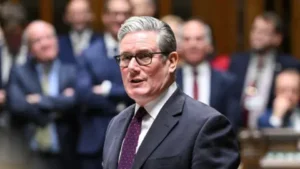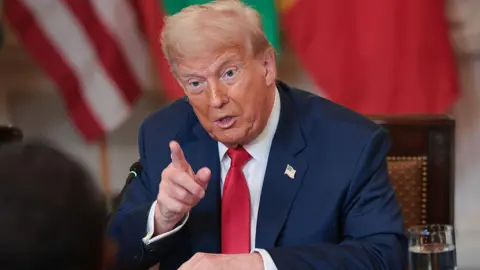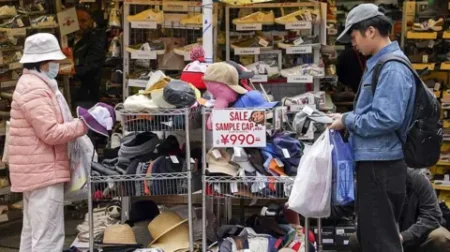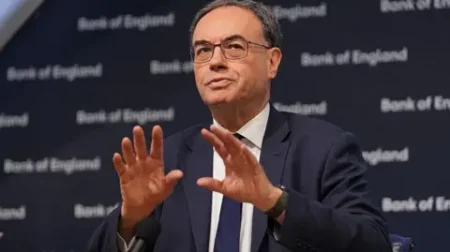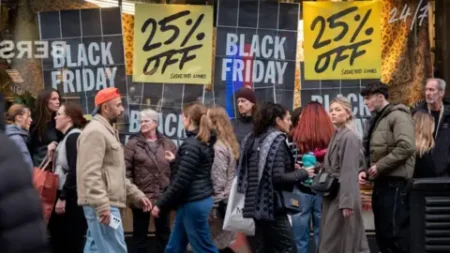In a significant development in international trade relations, the Trump administration has initiated an investigation into Brazil’s alleged “unfair” trade practices. This decision comes amid growing tensions between the two nations, particularly regarding trade policies, tariffs, and political dynamics. The probe, which was formally disclosed by the United States Trade Representative’s office, is set to scrutinize Brazil’s government policies that pertain to digital commerce, electronic payment services, preferential tariffs, and anti-corruption measures.
The crux of the investigation is to ascertain whether these Brazilian practices create barriers that burden or restrict American commerce. The U.S. administration claims that such policies may be unreasonable or discriminatory in nature, thus necessitating a thorough examination. Trade Ambassador Jamieson Greer, who announced the investigation, emphasized that it would look into Brazil’s actions against American social media firms, among other unfair trading practices that he argues are detrimental to American businesses, workers, farmers, and technological innovators.
Adding to the complexity of the situation, President Donald Trump asserted his authority by directing this investigation, which also ties into his recent communications with Brazilian authorities. In a subsequent letter to Brazilian President Luiz Inácio Lula da Silva, Trump criticized the Brazilian government’s prosecution of former President Jair Bolsonaro, labeling it a “WITCH HUNT.” This remark highlights not only the economic dimensions of the relationship but also the political intricacies that interlink the two nations’ leadership narratives.
Moreover, Trump has indicated a forthcoming 50% tariff on Brazilian goods beginning August 1. In response, President Lula has reaffirmed Brazil’s position, stating that the country would mirror any increases in tariffs imposed by the U.S. Such tit-for-tat measures signal a potential escalation in trade hostilities, raising concerns about the impact on economic exchanges between the two nations. For context, last year, bilateral trade reached a staggering $90 billion, with the U.S. reporting a trade surplus of $7.4 billion with Brazil in 2024, marking a 33% increase from the previous year.
This investigation and the accompanying tariff announcement underline the Trump administration’s broader strategy to confront what it perceives as unfair competition in the global markets. With increasing emphasis on protecting American industries and interests, the administration is actively seeking to re-evaluate trade agreements and relationships that do not align with U.S. economic goals. The situation further complicates longstanding trade relationships and raises significant questions about the future of U.S.-Brazil relations.
From a broader perspective, the context of the investigation reflects ongoing debates about globalization, digital economy rights, and the role of trade agreements in fostering fair competition. As nations continue to navigate the complexities of global commerce, disparities in how different countries approach trade can lead to tensions and disputes, as seen in the U.S.-Brazil case.
In conclusion, the unfolding events between the U.S. and Brazil represent a critical examination of international trade practices and the political narratives that shape them. As both nations brace for what may become a contentious trade battle, the implications of these actions could resonate beyond their borders, affecting global trade dynamics and bilateral relations in the years to come. This situation calls for careful observation as trade representatives from both countries will likely continue discussions in hopes of de-escalating tensions while addressing underlying concerns.


